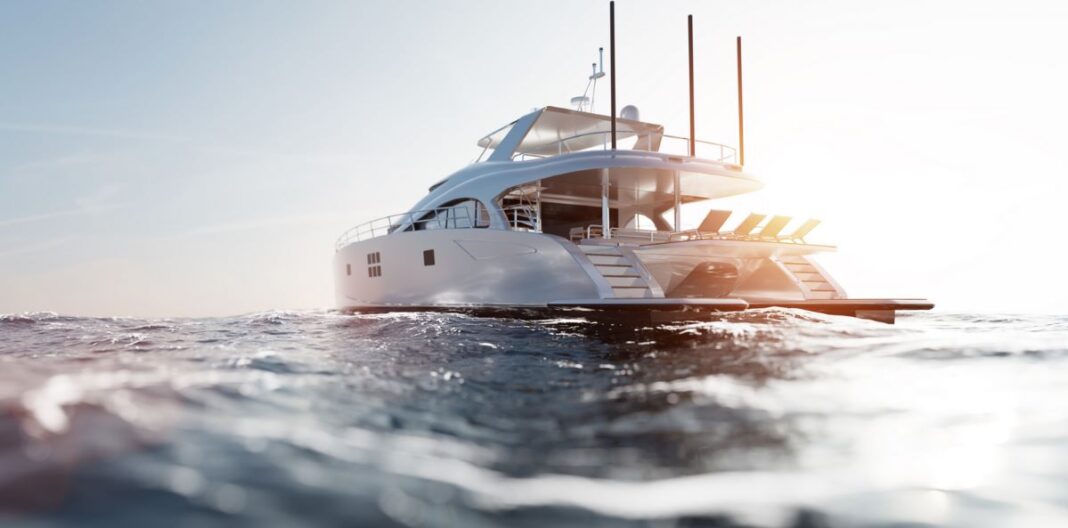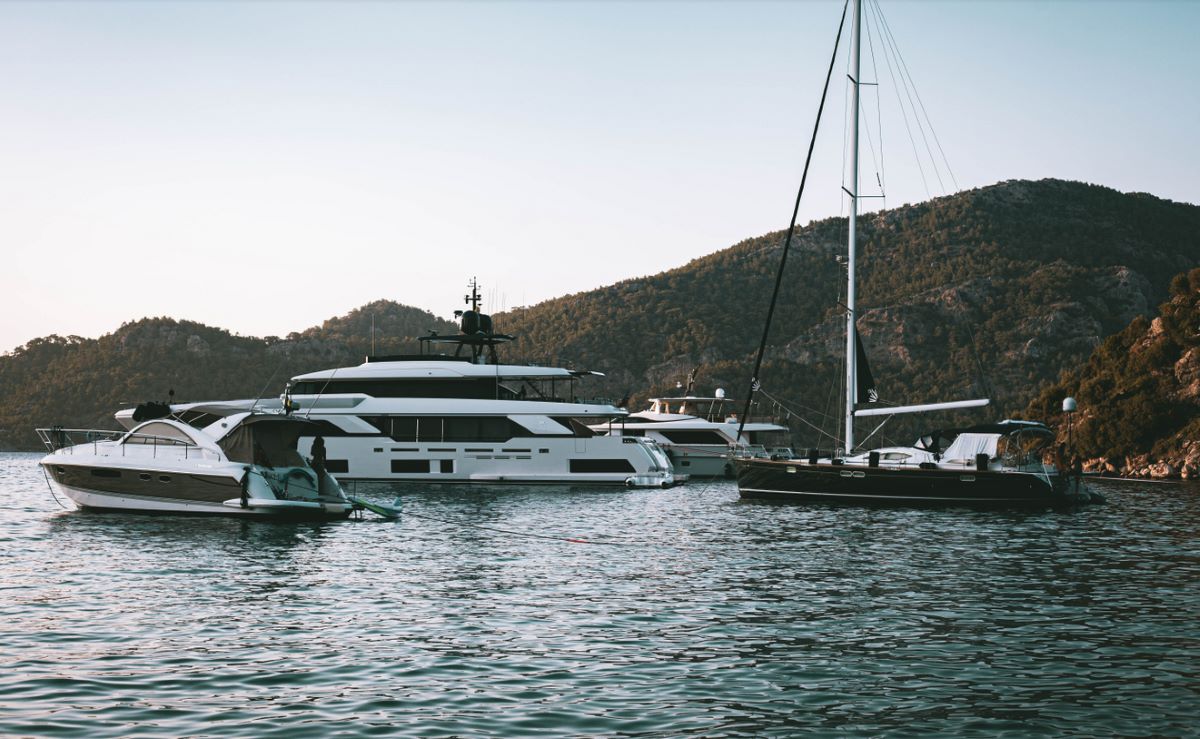Are these incidents merely a statistical probability due to more yachts on the water, or are there underlying issues at play affecting safety at sea?
Increasing Yacht Traffic
As the allure of yachting continues to grow globally, the number of vessels on the water naturally increases. This uptick in sea traffic heightens the probability of accidents, ranging from minor collisions to more severe incidents. Higher traffic demands superior navigational skills and stricter adherence to maritime rules, which, if not met, can lead to mishaps.
Read also : Skipper ONDECK #076 | Winter Special is out!
The Green Crew Phenomenon
Another contributing factor is the influx of inexperienced crew members, often referred to as “greenies,” aboard luxury yachts. The yachting industry’s rapid expansion has outpaced the availability of seasoned crew, leading to new hires with limited experience. This lack of experience can be detrimental, especially in high-pressure situations that require quick, decisive actions to prevent accidents.
Higher traffic demands superior navigational skills and stricter adherence to maritime rules, which, if not met, can lead to mishaps.
Training and Fatigue
The quality of crew training and the physical demands placed on these individuals are also critical aspects to consider. Proper training is essential not only for operation and maintenance but also for emergency preparedness. Unfortunately, not all yachts invest adequately in comprehensive training programs, which compromises safety.
Additionally, crew fatigue is a perennial issue in the industry, with long hours and continuous operations contributing significantly to human error, a common cause of maritime accidents. The industry needs stricter regulations to ensure proper training and to mandate rest hours. It is not humanly possible for crew members to consistently work 20 hours per day for five months without compromising safety.
Challenges in Greek Waters
Focusing on Greece, a favored destination for its stunning waters and islands, the state of maritime infrastructure presents its own set of challenges. Many ports and marinas suffer from underinvestment, with outdated facilities that can jeopardize the safety of both vessels and passengers. Harbors often lack necessary protections against the region’s prevalent strong winds and waves, adding another layer of risk.
Legal and Regulatory Concerns
The Greek government’s slow pace in upgrading marina facilities has been a point of contention. Moreover, the legal ramifications following accidents, particularly involving ferries, highlight a harsh regulatory environment. In cases where accidents occur, even those caused by passenger recklessness (such as incidents on ferry catapults), the captain often faces immediate punitive actions, including imprisonment. This approach by the coast guard raises questions about the balance of responsibility and the punitive measures imposed on seafaring professionals.
Alcohol-Related Incidents
Unfortunately, I must also mention that there have been accidents involving captains under the influence of alcohol. It is very concerning that despite strict regulations, we still witness incidents where captains operate vessels while impaired. This points to a need for more rigorous enforcement of alcohol policies and regular checks to ensure the safety of both crew and passengers.
As we witness more yachts and crews navigating the bustling waters each summer, the industry as a whole must take a proactive approach to ensure safety. This means not only improving the training and well-being of crew members but also advocating for better infrastructure, fair maritime governance, and stricter enforcement of existing regulations. By addressing these issues collectively, the yachting community can help mitigate risks and ensure that sailing remains a joyous and safe activity for everyone involved.







